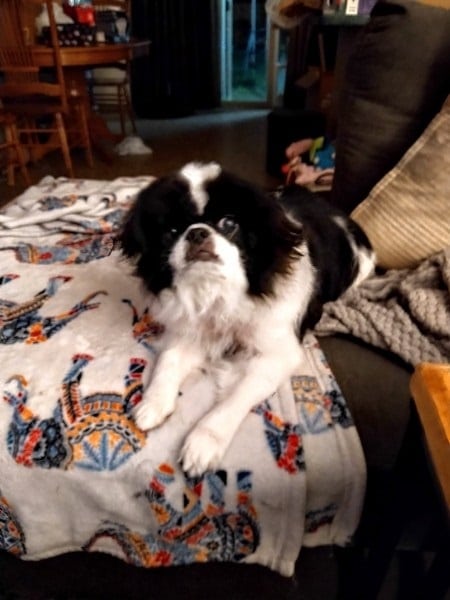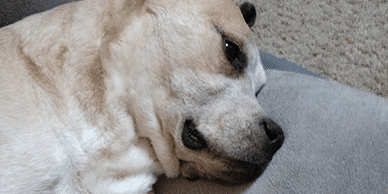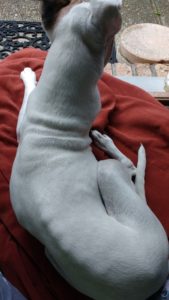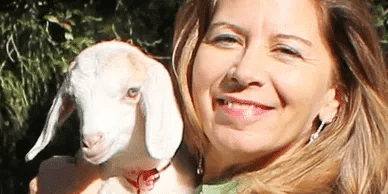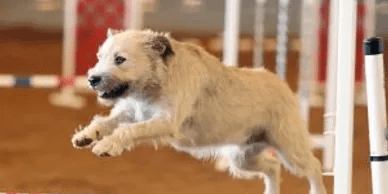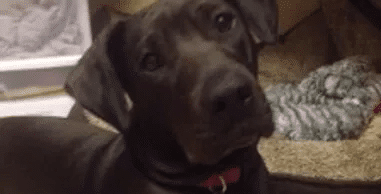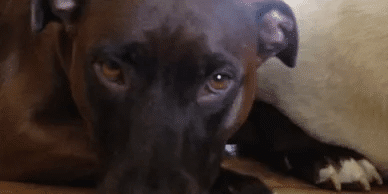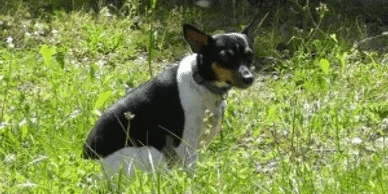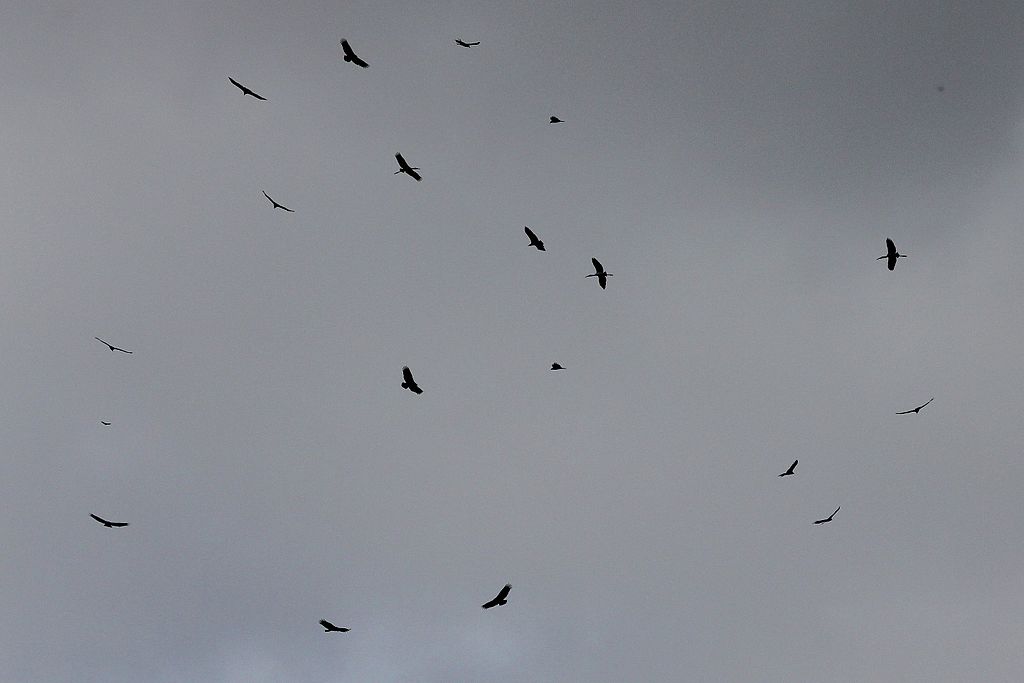
Once when I was out driving, I noticed that the sky was full of turkey vultures, flying in a formation that closely resembled a tornado. It was such a sight that I pulled over on the side of the road to watch. There were at least a hundred of them—I tried to count to get a sense of how many there were but it was impossible—and many more were flying in from all directions to join the circling crowd.
I was always told as a child that vultures circle because some animal is dead or dying and they are calling their friends to come and join in the feast. But this didn’t look like that at all. First, there were literally a hundred or more, too many to be coming for food, even a dead cow, elephant, or whale. Second, the way they flew, gliding in a slow, solemn circle, imparted such a sense of reverence and majesty—way too much pomp and ceremony to announce a buffet.
I asked to speak with the vulture collective rather than trying to single out one bird to connect with. Most people think animal communication has to be a one-on-one thing, but it is possible to communicate with a species or group, or even an entire ecosystem, like the ocean. So, I talked to all the vultures at once, which when you think about it is no different from walking into a room full of people and asking a question, expecting that whoever knows the answer will speak up.
I learned that when vultures circle, it’s a solemn occasion, like a funeral. The vultures honor the fallen animal, paying homage by telling that animal’s life story to the skies while the animal’s spirit rises up through the funnel, escorted to the light by the vultures’ loving energy. When the animal’s spirit has ascended, then the vultures who are elected to perform the duty of clearing the animal’s remains are free to begin their work.
I asked why there were so many vultures this time, because it was remarkable how many had come—and were still coming—to attend the event. I was told that their fallen comrade had been a wise and revered soul who was loved by many and respected by all. They didn’t tell me what kind of animal they were referring to. For some reason, I was expecting it would be a big deer.
But when I drove some distance down the road, I saw a dead vulture lying by the side of the road. Directly overhead: the circular funnel the vultures were creating with their slow, solemn glide through the sky. He must have been the King of Vultures to have commanded such a turnout.
We can look up just about anything on the Internet, but there is depth and complexity of emotion behind observable animal behavior that you may not find on Wikipedia. The next time you have a question about animals—even a large group or an entire species—just ask them, then listen.

